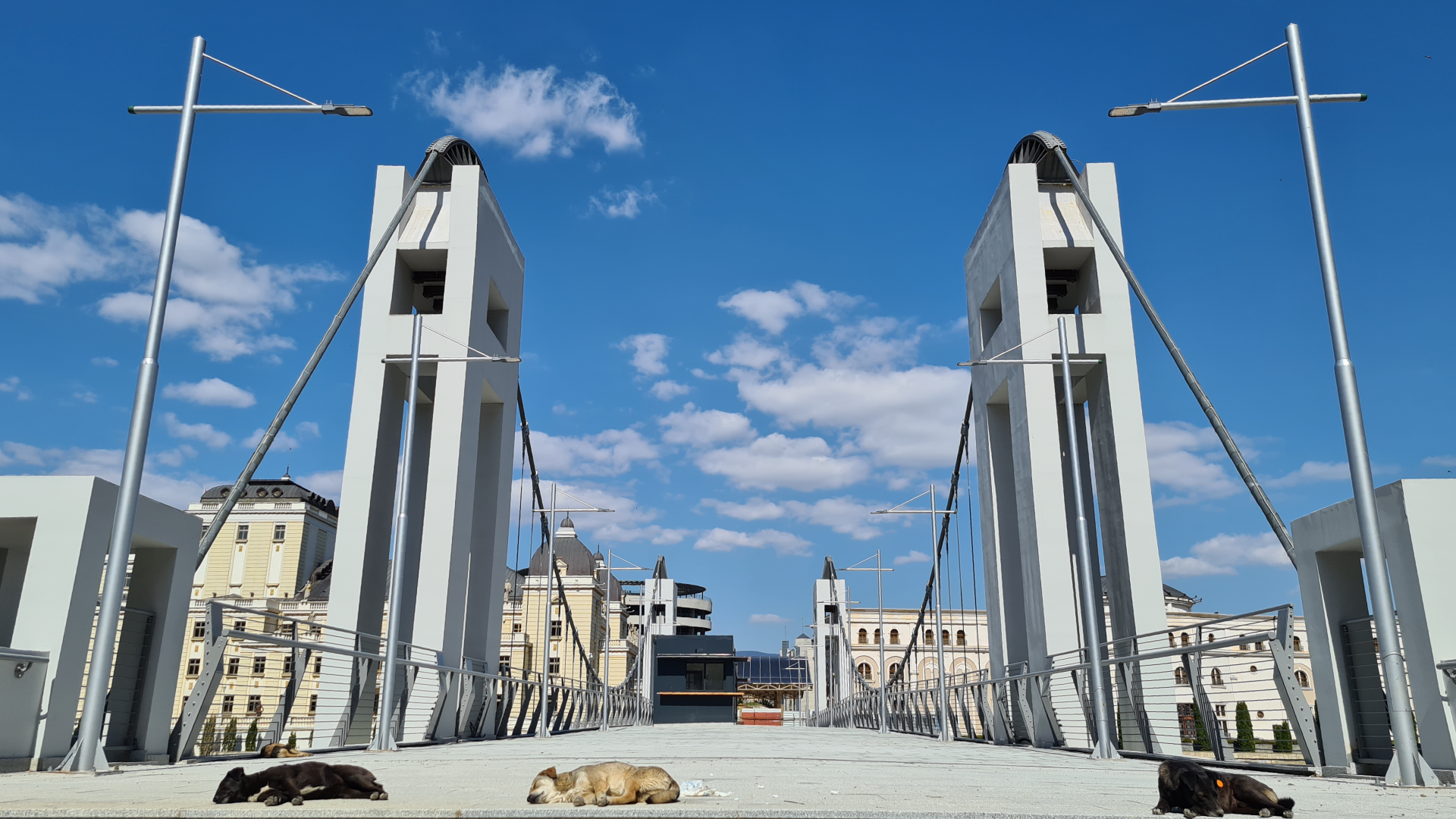
Cleaning out the sludge
Independent candidacies spark hope for change in North Macedonia.
SDSM and their political partners didn't give up. Just 33 days before the election, they used an expedited procedure to push the changes through.
Promises given by independent lists aren't impossible to deliver, but their adversaries are construction firms tightly connected to all parties and all levels of government.

Sonja Stojadinović
Sonja Stojadinović is a political scientist with both a bachelor’s and master’s degree from the Saints Cyril and Methodius University’s Political Sciences Faculty in Skopje (International Politics Department). She is an activist with the “Solidarnost” leftist movement and a columnist working with a number of North Macedonian, regional, and international websites and blogs. She is currently pursuing another MA at the Karl-Franzens-Universität in Graz, Austria.
DISCLAIMERThe views of the writer do not necessarily reflect the views of Kosovo 2.0.
This story was originally written in Serbian.